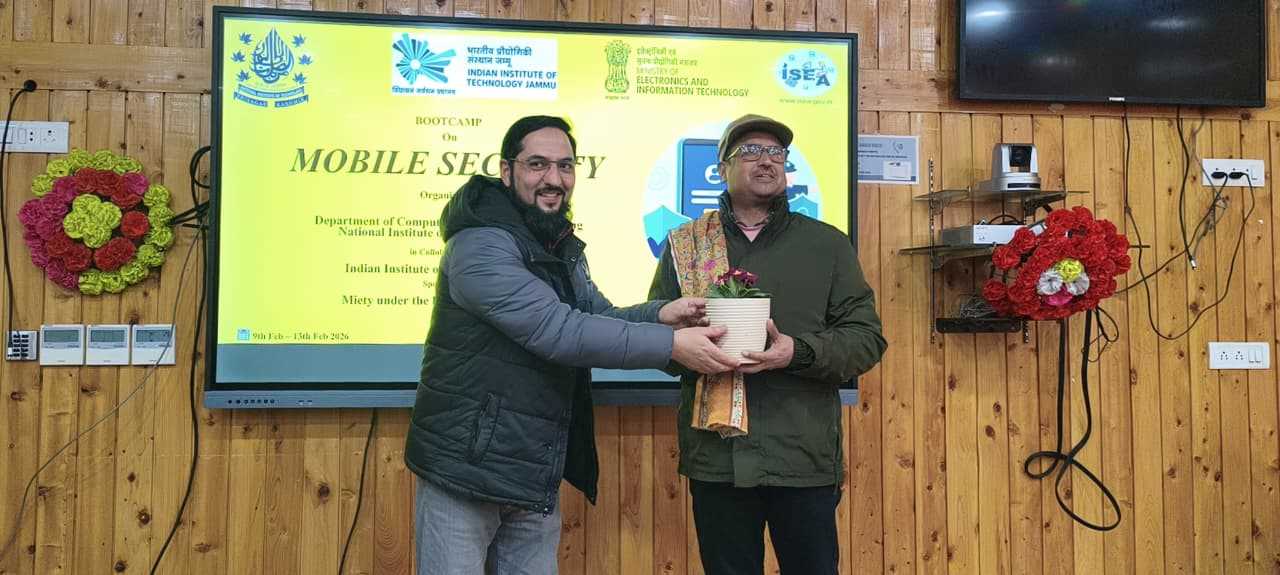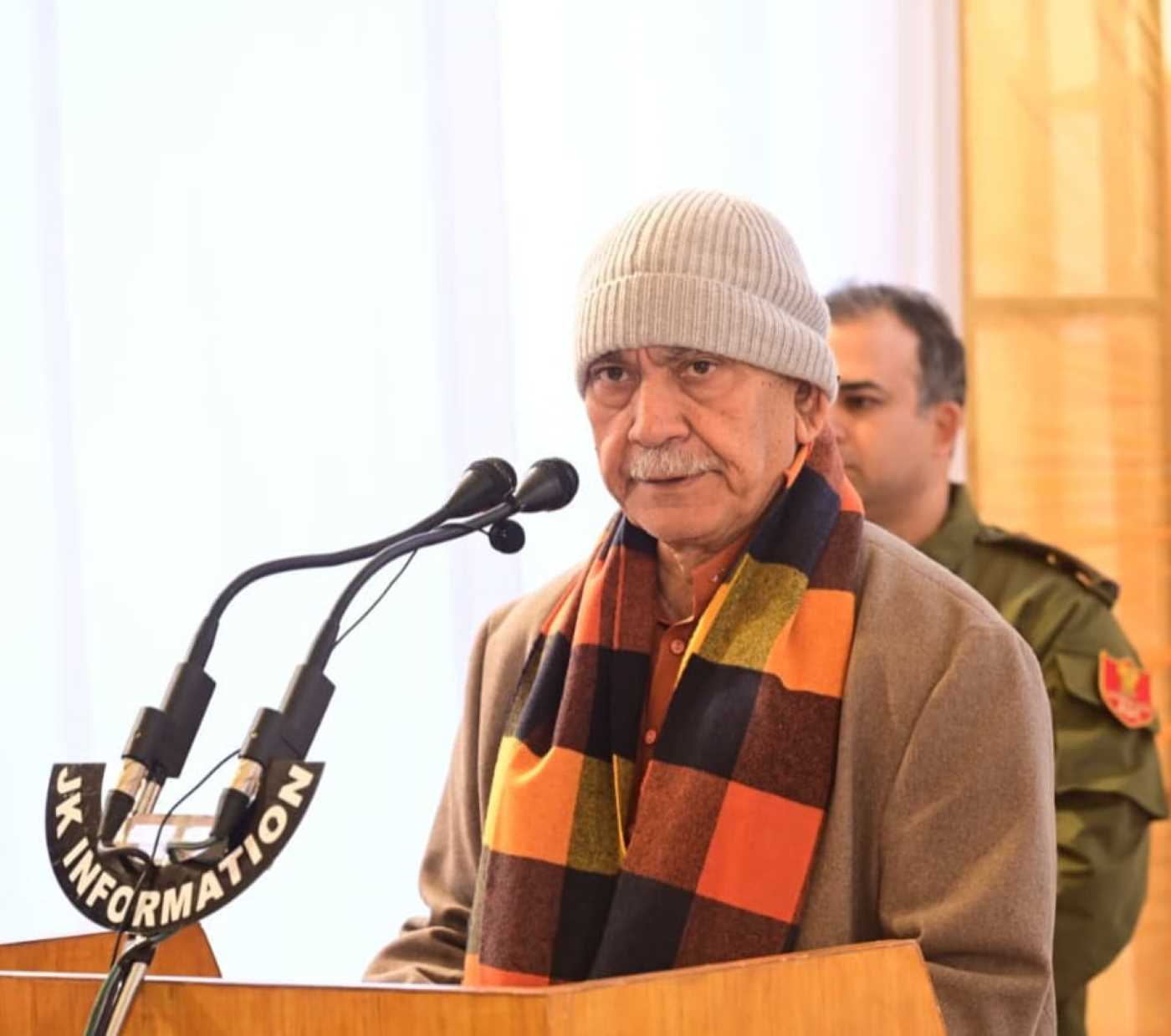It is perhaps, in recent years, that a silent epidemic is claiming the lives of the younger generation of people in India, lifestyle diseases that were, until not so long ago, believed to affect middle-aged or elderly persons are affecting the teenagers and the younger adults at an alarming rate. Diseases like obesity, type 2 diabetes, hypertension, cardiovascular diseases and even the amenance of fatty liver diseases are being witnessed even by young individuals of 15 years.
A Health Crisis of the 21st Century
This is a worrying trend caused by rapid urbanization, fluctuating food habits, sedentary activities, and more hours in front of the screens. According to the World Health Organization (WHO), lifestyle diseases are illnesses associated with how individuals lead their life and in the current generation of the young children, their life is mostly characterized by long hours seated using the gadgets, unhealthy diets, no physical activities, erratic sleeping, and consistent stress.
An Indian Council of Medical Research (ICMR) report has shown that almost 30 percent of Indian teenagers are overweight and at least 12 percent of them would be at risk of developing type 2 diabetes within ten years. In addition, conditions of mental illness such as anxiety and depression, which are highly related with lifestyle habits, are increasing among the students and the young workers.
Technology, A Two Sided Sword
Technology has also lowered the levels of physical activity; although it promoted easier access to education and connectivity. Majority of the children are fond of playing or scrolling through social media than playing outdoors. The National Institute of Mental Health and Neurosciences (NIMHANS) conducted a survey in 2023 that shows how eight-hour screen time, on average, is used by the average teenager in the urban areas. This increase in dependency on digitals is adding to the lack of sleep, bad postures, eye grasses and poor bodily health.
The Food Factor
The trouble is aggravated by easy access to junk food and highly processed snacks which are usually rich in sugars and trans fats. Home cooking has been thrown out the window as food delivery apps have been introduced into households and people consume fast food on a weekly to daily basis. The nutritionists caution that such change of diet is causing early manifestation of non-communicable diseases, previously unknown at that age range of 15-30 year olds.
Mentality and Stress
Chronic stress among the youth has also been occasioned by academic pressure, competitive conditions and the use of social media to compare themselves. Stress in its turn has been associated with negative coping skills like binge-eating, drug use, and sleep disorders, which all lead to unfavorable health outcomes.
So What Can Be Done?
Specialists emphasize the necessity of intervention and lifestyle changes on time. Health education and physical fitness programs should be introduced into schools and colleges as an essential part of the curriculum and not as optional ones. There should be a promotion of balanced cuisine and the lessening of screen reliance at home by parents. At policy, restrictions placed on advertising of junk food will be an influential measure especially when directed towards young children and adolescents.
According to Dr. Renu Sharma, a public health professional working at AIIMS Delhi, there is a change in the pattern of disease especially among humanity: We are experiencing a generation change of disease process. Unless there are some measures taken at the right time, India in the next twenty years will be having an unprecedented health burden.
The Future Solution
The solution lies in a multi-dimensional action plan that comprises of sensitization, educational programs and the involvement of the community as well as changes in policies. Although the problem seems overwhelming, the answer is as straightforward and sustainable as can be: healthy food, physical activity, conscious consumption of media and stress.
The future of the world depends on the health of the young. It is high time to take some action- before the tendencies become the regulars.
Email:-----------bukhariyounis8@gmail.com







